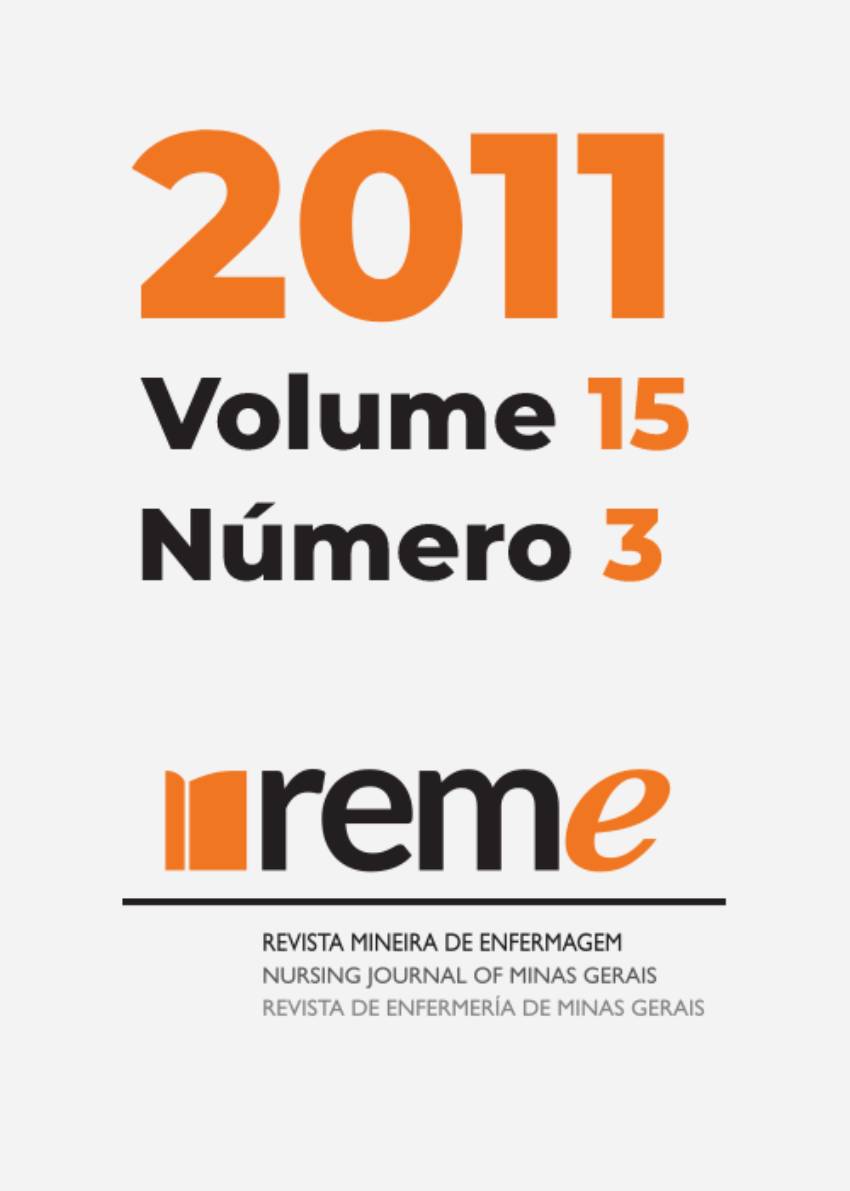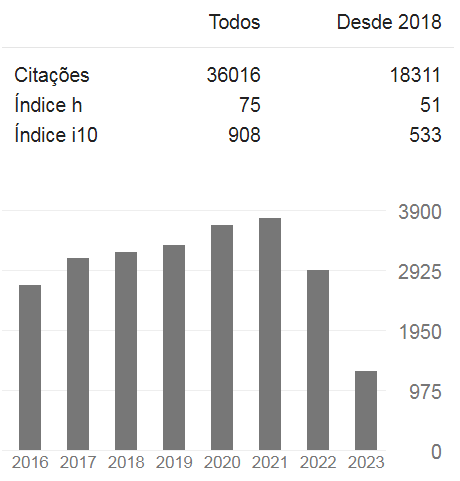Family planning of women with HIV/AIDS
DOI:
https://doi.org/10.35699/reme.v15i3.50380Keywords:
Family Planning, Women, HIV, Acquired Immunodeficiency SyndromeAbstract
This is a transverse field research conducted in a teaching hospital in the city of Fortaleza-CE with 51 ambulatory patients with STD, living with HIV or AIDS. The research aimed to identify the reproductive history of women living with HIV/ AIDS, to establish their reasons for having or not having children, and to determine their contraceptive practices. The data were collected from July to October 2007 through interviews. 40 (78.4%) participants were mothers; 28 (70%) had had their children before being diagnosed with HIV/AIDS, and 12 (30%) had been diagnosed in antenatal. The fear of having a baby with HIV, of dying and leaving the child orphaned, the prejudices experienced and the extra prenatal care required were the reasons given by 45 (88%) women for not wanting to have children. The possibility of having a healthy child, the desire to have more babies, their partners' wish to have children, and the belief that faith in God will protect the child against HIV were the reasons given by 6 (12%) women that wanted to have children. Regarding the contraceptive practices, 29 (56.8%) used condoms, 15 (29.4%) opted for sexual abstinence, 14 (27.4%) had had tubal ligation, 6 (11.7%) used hormonal contraception regardless of the drug's interaction with the antiretroviral. In conclusion, these women's family planning is associated with the wish of having or not having children and that is due a HIV/AIDS diagnosis that happened only during the antenatal care. The non-adherence to condoms and the use of hormonal contraception despite its interactions with the antiretroviral are an unacceptable aspect of the studied group suggesting that improvements are necessary in this healthcare areaDownloads
Download data is not yet available.
Published
2011-09-01
How to Cite
1.
Evangelista DR, Moura ERF. Family planning of women with HIV/AIDS. REME Rev Min Enferm. [Internet]. 2011 Sep. 1 [cited 2024 Nov. 22];15(3). Available from: https://periodicos.ufmg.br/index.php/reme/article/view/50380
Issue
Section
Research






































